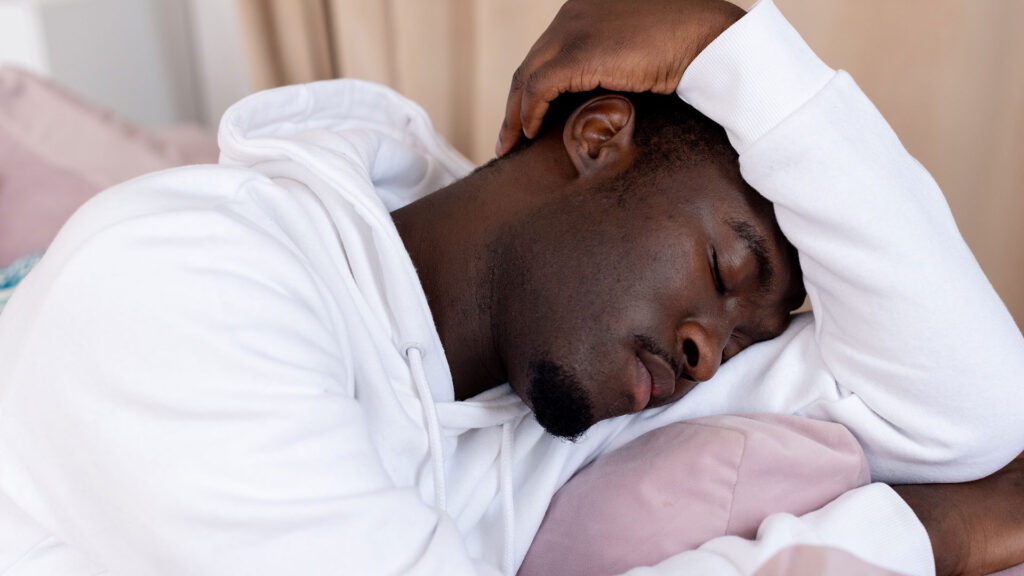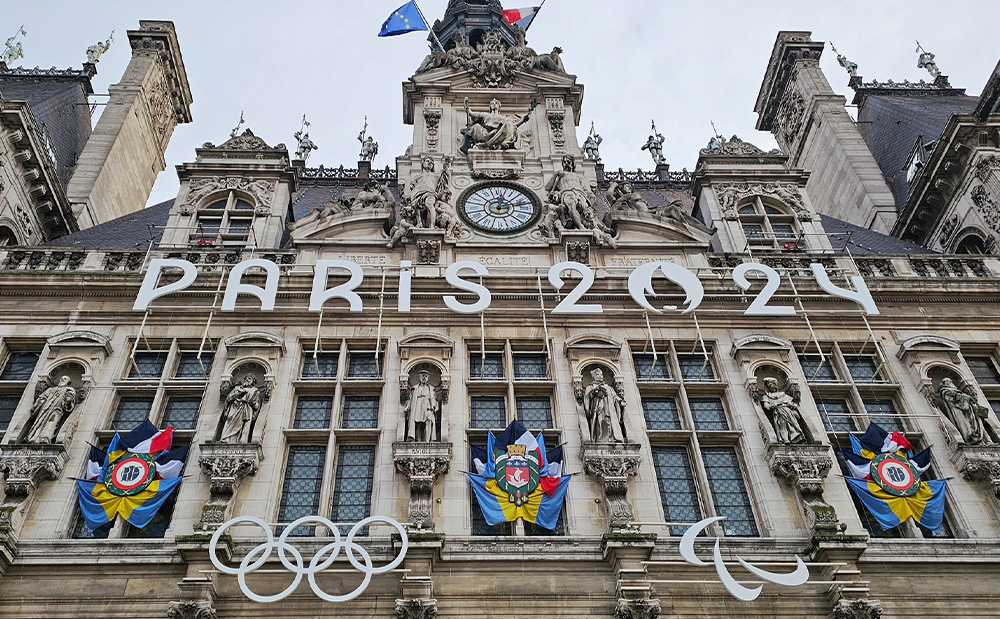
A recent memo from The Department Of The Army shows that the Army seems to be changing its tune about sleep. The memo, issued by the 18th Airborne Corps (aka Headquarters) and shared across social media channels, references the long-standing tradition of Staff Duty. The highlights? To reduce the risk of vehicle and other types of accidents following extended shifts, soldiers assigned to staff duty must get a minimum of four hours of sleep during their shifts.
U.S. Army SFC (Retired) Louis B. tells Sleepopolis, “Staff duty is essentially a type of guard duty that keeps the lines of communication open between the company commanders and their soldiers. Typically, soldiers are tasked with answering phones, relaying messages, and are on local standby should an emergency arise.” He adds, “These assignments are always scheduled in 24-hour shifts, and every service member has to do it at some point in their military career.”
Louis goes on to say, “Staff duty has a long history. These types of assignments were undeniably necessary in early armies and warfare, where word of mouth was the only real means of communication, but times have changed. Technology makes things like staff duty outdated and redundant, yet they remain.”
Now retired, Louis recalls (and not so fondly) his fair share of staff duty assignments. “Not only were we required to stay awake the entire shift, but when it was over, many of us had to drive home exhausted.”
Staying Up For 24 Hours Straight Is Just Plain Dangerous
“Staying up for 24 hours straight can be dangerous physically and mentally for any individual,” says Dr. Dan Gartenberg, sleep scientist and Sleep Health Advisor for CPAP.com. “With 24 hours of no sleep, you could experience things such as high anxiety, irritability, and reduced memory. (2) Physically, it is comparable to alcohol intoxication, where an individual can experience slurred speech. It can also cause impaired vision, along with tremors and muscle tension.”
And the memo acknowledges the deleterious effects of staying awake for 24 hours — explicitly comparing it to drunk driving. Leaning on some statistics from the CDC, they wrote: “Staying awake for an extended amount of time has a significant impact on awareness and executive function (the ability to make decisions), which dramatically increases the risk of accidents. After 17 hours of being awake, a human’s executive function is the equivalent of someone who has a blood alcohol percentage (BAC) of 0.05%. (3) After 24 hours of alertness, the degradation of executive function rises exponentially up to the equivalent BAC of 0.1%, which is over the legal limit to operate a motor vehicle.” (3)
How Long Does It Take to Recover From One Night of Missed Sleep?
In terms of what 24-hour shifts could mean for soldiers in the days following staff duty assignments, Gartenberg says, “One night of missed sleep will normally take 2-3 days to fully recover from, even with extra sleep. But one can never fully make up for the sleep that is lost.”
Gartenberg adds, “Some people can naturally bounce back from sleep loss quicker than others, with age playing a huge factor. This is why it’s important to get high-quality sleep during the recovery period. Factors like a consistent sleep schedule and a relaxing bedtime environment contribute to better sleep quality.”
Conclusion: Should the Army be Changing It’s Sleep Regulations?
Noting that he spent his graduate school career developing models of fatigue for the Air Force and Naval Research Laboratory in order to reduce crashes and accidents, Gartenberg says he thinks it’s great that the army is prioritizing sleep for its soldiers. “Soldiers that are well-rested will have better cognitive function, reaction time, and physical endurance, which are very important for their overall safety. Being sleep deprived can have serious consequences, as the men and women within the army are utilizing their bodies constantly in a physical manner, whether it’s in training, combat, or more. So making sleep a priority is a smart investment in the army’s effectiveness and the well-being of its troops.”

Cardboard Beds Have Returned to the 2024 Paris Olympics — Here’s What You Need to Know

Here’s What You Should Know About Nutrition and Sleep

Everything to Know About SleepSync, a New App Designed to Help Shift Workers Catch More Zs

Is Five Hours Of Sleep Enough? Here’s What The Experts Say.
Sources
1. Platoon daddy on Instagram: “everyone will see this and think ‘hell yeah.’” Instagram. (n.d.). https://www.instagram.com/p/C7FteeiLJHz/
2. Medic G, Wille M, Hemels ME. Short- and long-term health consequences of sleep disruption. Nat Sci Sleep. 2017;9:151-161. Published 2017 May 19. doi:10.2147/NSS.S134864
3. Centers for Disease Control and Prevention. (2020, March 31). Module 3. impairments due to sleep deprivation are similar to impairments due to alcohol intoxication!. Centers for Disease Control and Prevention. https://www.cdc.gov/niosh/work-hour-training-for-nurses/longhours/mod3/08.html
4. Gartenberg. Dan. Author interview. May 23, 2024.


























